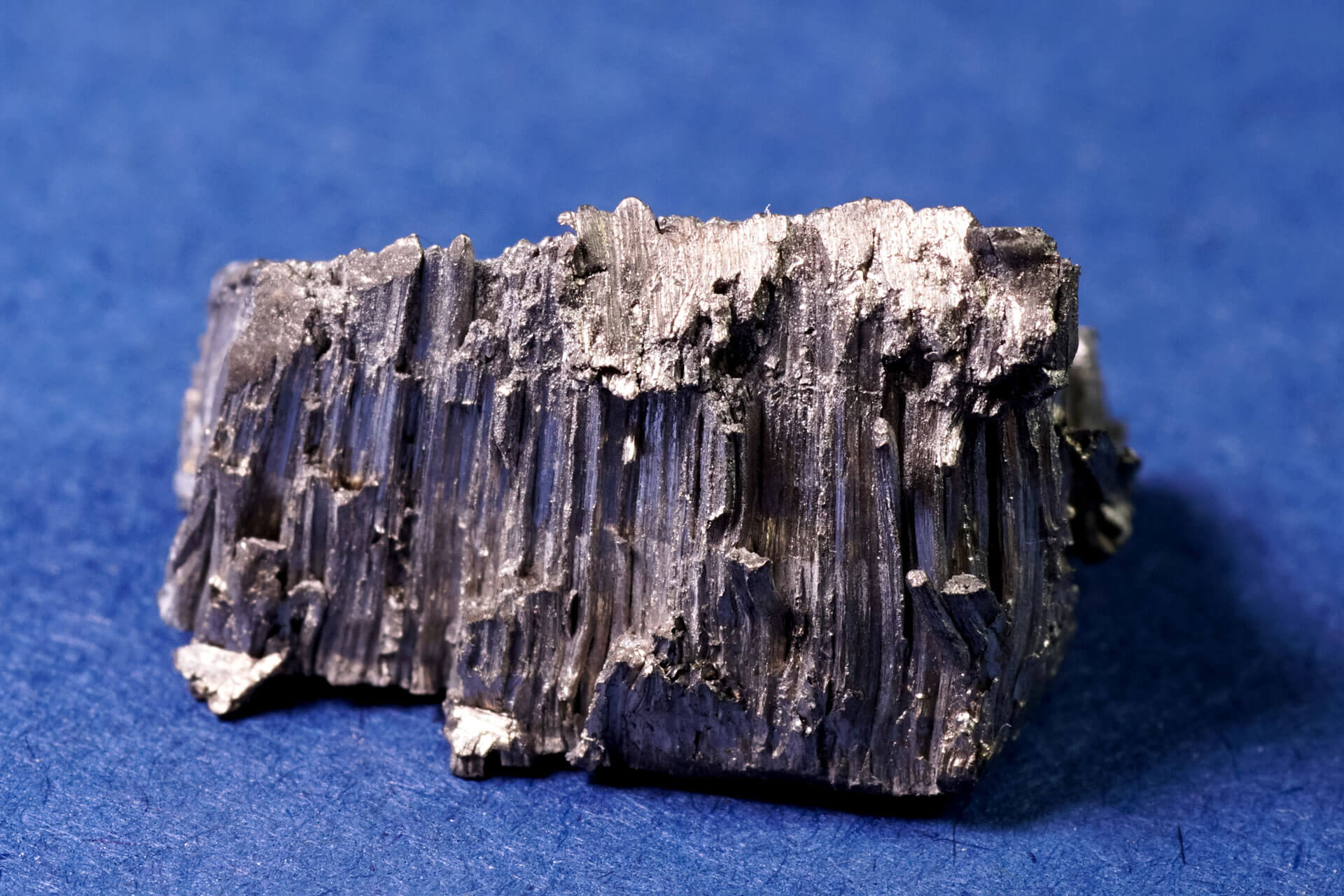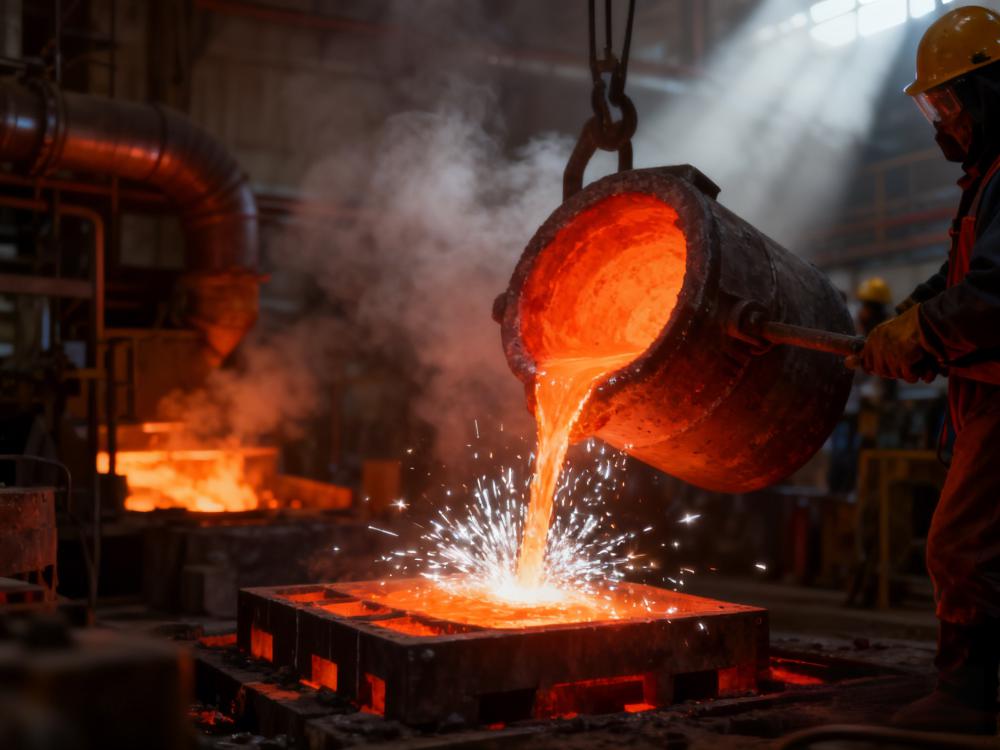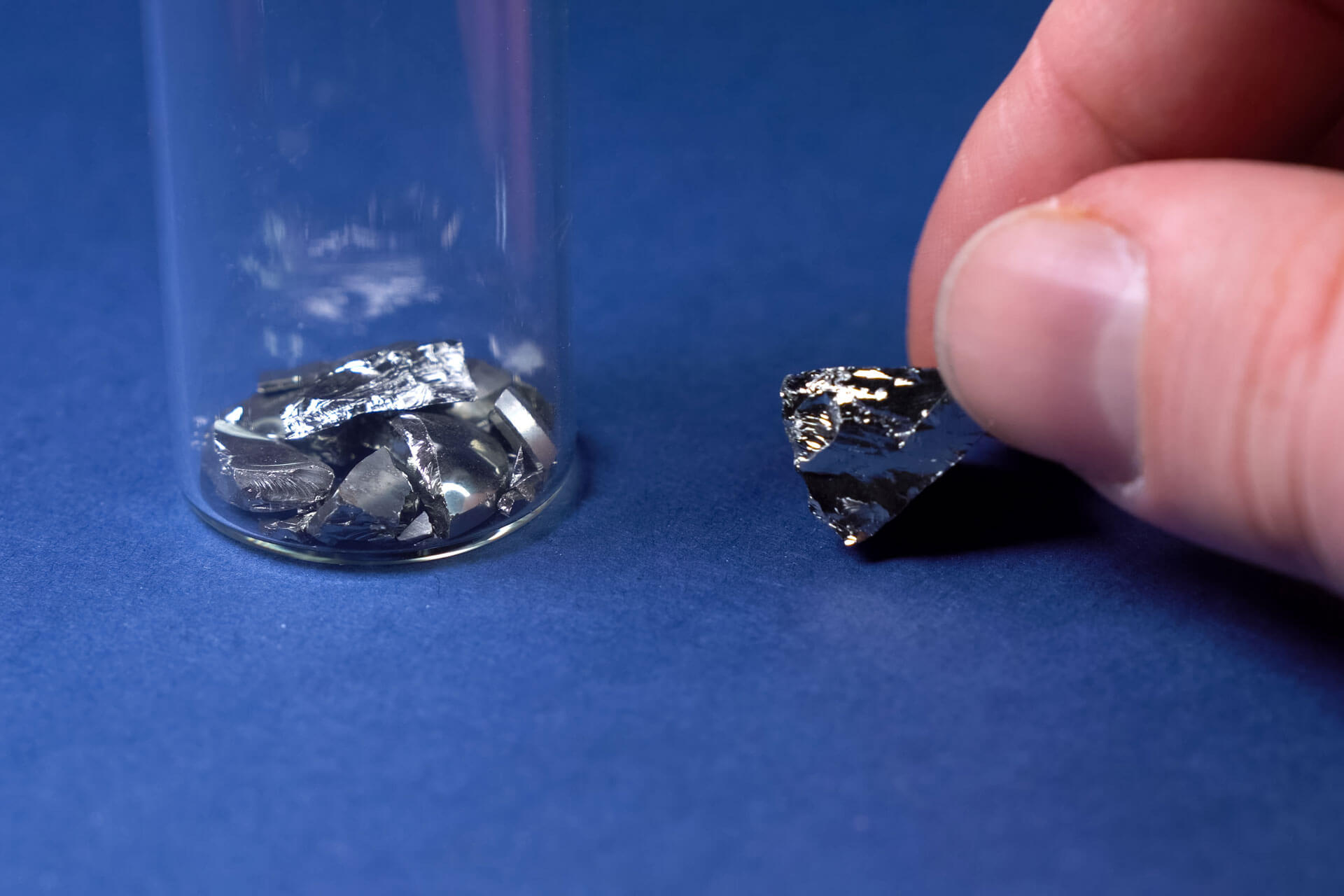In July, the price of Pr-Nd alloy continued to rise, climbing from an average price of 545,000 yuan/mt on July 3 to 635,000 yuan/mt on July 28, representing a monthly increase of over 16% and marking the highest annual increase since 2011.
The previous article provided a detailed explanation of the price support from the fundamental side, namely supply and demand. In this article, we will only conduct a brief review:
Tightening of supply: ① US ore imports dropped to zero (a monthly reduction of 300+ mt of Pr-Nd oxide); ② Kachin State in Myanmar announced a ban on rare earth mining by the end of 2025 (a potential monthly reduction of 500 mt). Although policy uncertainties remain, the market has reacted based on the premise of a ban, triggering rumors of production cuts by a top-tier enterprise.
Increased demand: After the clarification of export controls on magnetic materials, enterprises concentrated on securing overseas orders for September-October peak season in July (with exports expected to increase to 4,000 mt), coupled with the stockpiling period during the September-October peak season, resulting in an 8% MoM increase in magnetic material production.
Strong price signals: Within a week, rare earth metals from top-tier enterprises were "sold out in seconds" twice at auctions, with the transaction price jumping from 572,000 yuan/mt to 579,500 yuan/mt, objectively driving the spot price up to 620,000 yuan/mt.
Terminal support: Clear growth in new energy vehicles, air conditioning production driven by high temperatures, stockpiling for consumer electronics, and new demand from robots have all strengthened the resilience of demand.
Indeed, the fundamentals have provided a rigid support for this round of price increases. However, the influence of sentiment, alongside tightening supply and improving demand, has also played a significant role, and in many cases, it has become a key factor supporting rare earth prices. So, what does sentiment in the rare earth industry refer to? What is the core logic behind it? In this article, we will discuss this together.
I. What exactly does sentiment in the rare earth market refer to?
Market sentiment is essentially the irrational decision-making resonance of participants in response to information flows, which in the rare earth sector is concentratedly manifested as the "news leverage effect" — that is, utilizing fragmented information to amplify expectations of future supply-demand imbalance. Taking the example of Pr-Nd alloy reaching 580,000 yuan/mt in early July:
Surface triggers: The positive performance of China Northern Rare Earth's semi-annual report, with a projected net profit increase of 1883%-2015%, coupled with the US Department of Defense's investment of $400 million in MP Materials and setting a price floor of $110/kg (equivalent to 770,000 yuan/mt, an 80% premium over the domestic price at that time);
Actual contradictions: MP's Phase II capacity will not be operational until 2028, and its short-term impact on China's supply is negligible. However, the market still took the opportunity to push up prices — the core lies in sentiment amplifying long-term anxiety about the "scarcity of strategic resources."
The underlying logic of this "sentiment pricing" stems from the unique triple strategic attributes of rare earths:
Resource control: China ranks first globally in heavy rare earth reserves, while the US military and new energy industries rely on China.
Technological bottleneck: Smelting costs overseas are 40% higher than those in China, while China controls 90% of the global rare earth refining capacity.
Military: China holds heavy rare earth mining and smelting resources, while the US lacks relevant technical talent.
II. International Relations and Strategic Anxieties Hidden Behind Market Sentiment
The root cause of the sensitivity of rare earth sentiment lies in its becoming a "strategic counter" in the US-China technology competition:
The double-edged sword effect of export controls
After China imposed export controls on seven categories of heavy rare earths including samarium, gadolinium, and terbium in April, the US rare earth market was plunged into despair. Subsequent refinements to the export control policy, including the issuance of licenses to select US clients, drove a 150% MoM increase in magnetic material exports in June. This "dynamic control" mechanism serves as a precise strategic tool : it simultaneously exposes Western nations to supply disruption pains while preserving bargaining chips for negotiations.
The "Pie-in-the-Sky Dilemma" of Overseas Capacity Expansion
Despite accelerated domestic supply chain development in the US (e.g., MP's defense funding injection), three fundamental constraints persist:
Technological Barriers : The US still lacks adequate rare earth concentrate processing capabilities and talent pool;
Cost Disadvantages : Inefficient domestic smelting processes result in a projected target price of 770,000 yuan/mt post-2028 capacity expansion, far exceeding China's cost baseline;
Temporal Constraints : Establishing a complete industry chain requires 10+ years and $250 billion investment.
III. The Spiral of Sentiment and Fundamentals: Intertwined and Mutually Reinforcing
Current rare earth market sentiment has formed a self-fulfilling prophecy feedback loop :
Surging sentiment driven by tightening fundamentals
With Q3 rare earth supply tightness becoming inevitable, traders have capitalized on the situation to drive spot market rallies, rapidly depleting low-priced inventories and further pushing up raw material prices.
End-Use Revolution's Long-Term Validation
Humanoid robot demand emerges as a new sentiment anchor: Each Tesla Optimus requires 3.5kg of high-performance NdFeB. Global shipments reaching 890,000 units by 2030 would generate over 3,000mt of incremental NdFeB demand (23% of current global production) — even with immature current technology, capital is already betting on resource hegemony.
Dynamic Game of Policy Expectations
Markets closely track US-China negotiation developments: Should the US concede on chip restrictions, China may release heavy rare earth quotas; conversely, tightened controls could trigger rapid dysprosium oxide price surges overseas.
IV. Conclusion: The Essence of Sentiment Gaming Lies in Rulemaking Dominance
Unlike base metals such as copper, aluminum, lead, and zinc, rare earths possess unique metallic characteristics. While lacking true futures markets, they remain perpetually influenced by sentiment — which often reflects not just simple future expectations, but attitudes toward macro policies and international power dynamics. As strategic metals, rare earths frequently transcend their material form to represent national developmental potential and the confidence to shape global rules. Through the lens of rare earth sentiment, we rediscover their exceptional nature and better discern the hidden future trends beneath market emotions.
This article was written late at night, sharing personal insights with readers. Should you find it valuable, I welcome discussion. SMM Rare Earth & Magnetic Materials Analyst Xin Shi looks forward to exchanging views with you.



